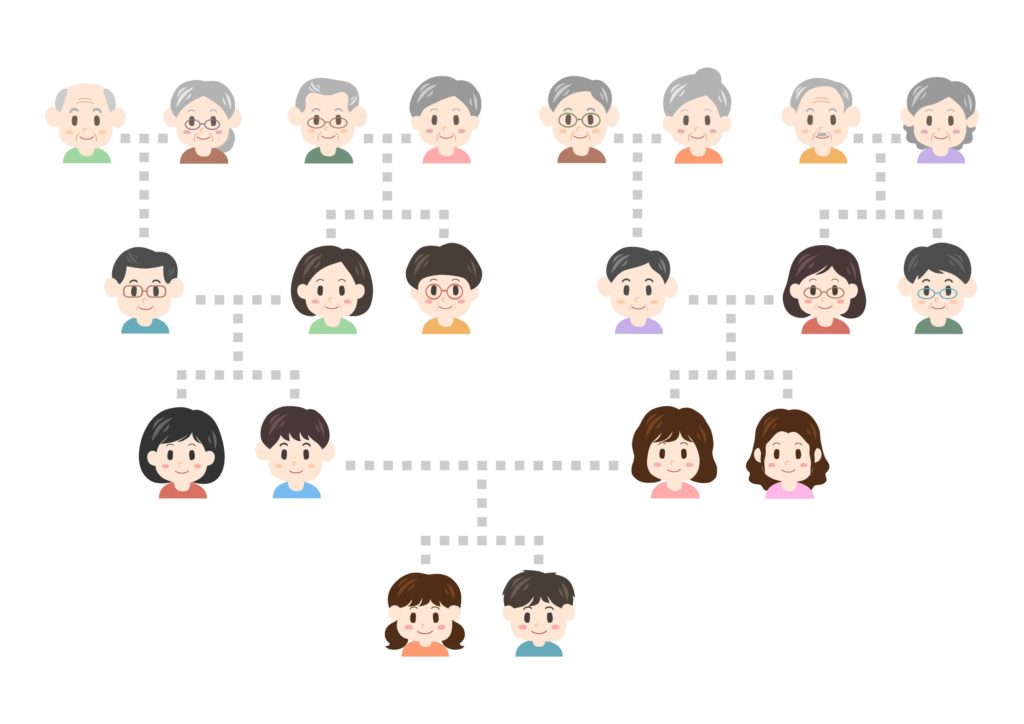In the past few years, and as seen as a popular topic at ISHI 33, investigative genetic genealogy (IGG) has rapidly grown and emerged as a new field of science to identify human remains or cold case crime scene samples. The technique traces potential genetic familial relationships through DNA databases. Although genetic genealogy and public DNA databases have been around for quite some time, what’s new is their use by law enforcement.

From Lab to Investigation
When investigating a crime, law enforcement will take DNA samples from the crime scene to the lab for testing and run them through the national DNA database. Since this database only includes individuals who have a previous criminal history, oftentimes, it’s not much help.
IGG helps broaden the reach of possible DNA matches by uploading samples to two databases where IGG techniques can be used by law enforcement: FamilyTreeDNA and GEDmatch. From there, any relative profiles within the database will match with the sample that genetic genealogists use to create a family tree. The more in-depth the family tree, the more information law enforcement has to narrow in on certain suspects and rule out innocent people when solving a crime.
Additionally, IGG helps law enforcement with more than just active criminal cases. This technique has led to the identification of previously unsolvable cold cases from ten, twenty, even forty years ago. Many cases can be solved with just one new match!
Ethical Implications of Investigative Genetic Genealogy
The use of investigative genetic genealogy as an investigative tool has been groundbreaking in many ways, but there are still many ethical concerns. FamilyTreeDNA and GEDmatch are run by private companies, so their policies can change at a moment’s notice. It’s important that they clearly state their privacy policy and provide individuals who are submitting their DNA the option to allow law enforcement use, or not. This decision not only affects themselves but also the individual’s wider extended family who could potentially get involved in an investigation without ever taking a DNA test.
DNA information is both personal and sensitive. It’s important for law enforcement to ensure that the least privacy-invasive methods are always used, before turning to IGG as a last resort. There must be a balance between individual privacy rights and the need for public safety, but it can’t happen overnight.
The Future of Investigative Genetic Genealogy
Best practices for IGG are slowly being developed every day through the experiences of those actively working in the field. To ensure its longevity, there is an onus on users of IGG to proceed ethically and to follow the limited guidelines that currently exist.
Genetic genealogy is meant to be used as an investigative tool, not a magic wand, and some criminal cases that have used it still remain unsolved. That said, sometimes it only takes a few DNA matches to close a case, and those matches may already live in a public DNA database.
Related Posts
Riley Bell
Latest posts by Riley Bell (see all)
- Bringing Science to Life: How Art and Sustainability Shape Our New Trade Show Booth Design - March 31, 2025
- Genetic Symphonies: Building Hox of Life - December 17, 2024
- Exploring the World Through the Promega and Eppendorf Family Exchange Program - November 19, 2024
